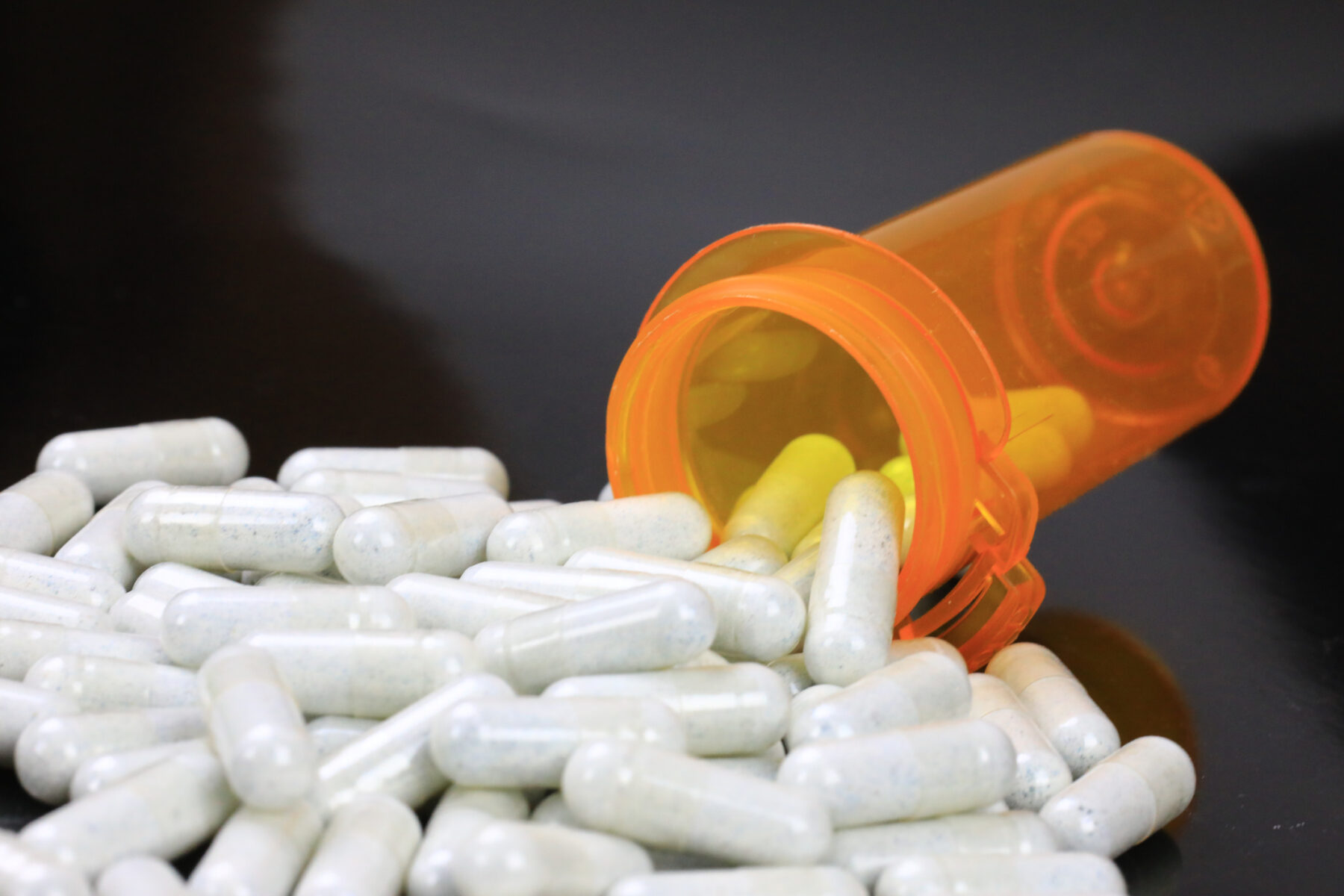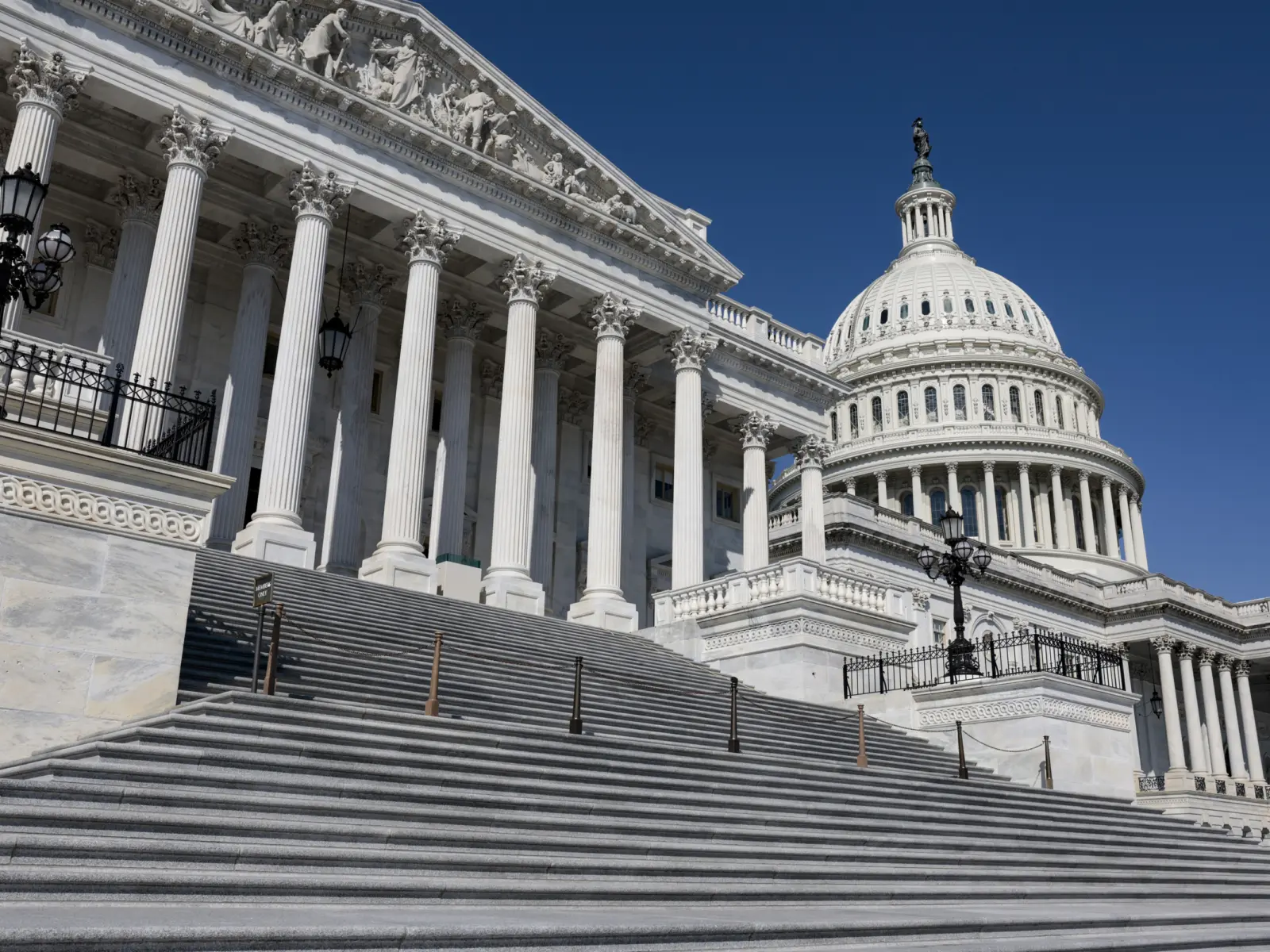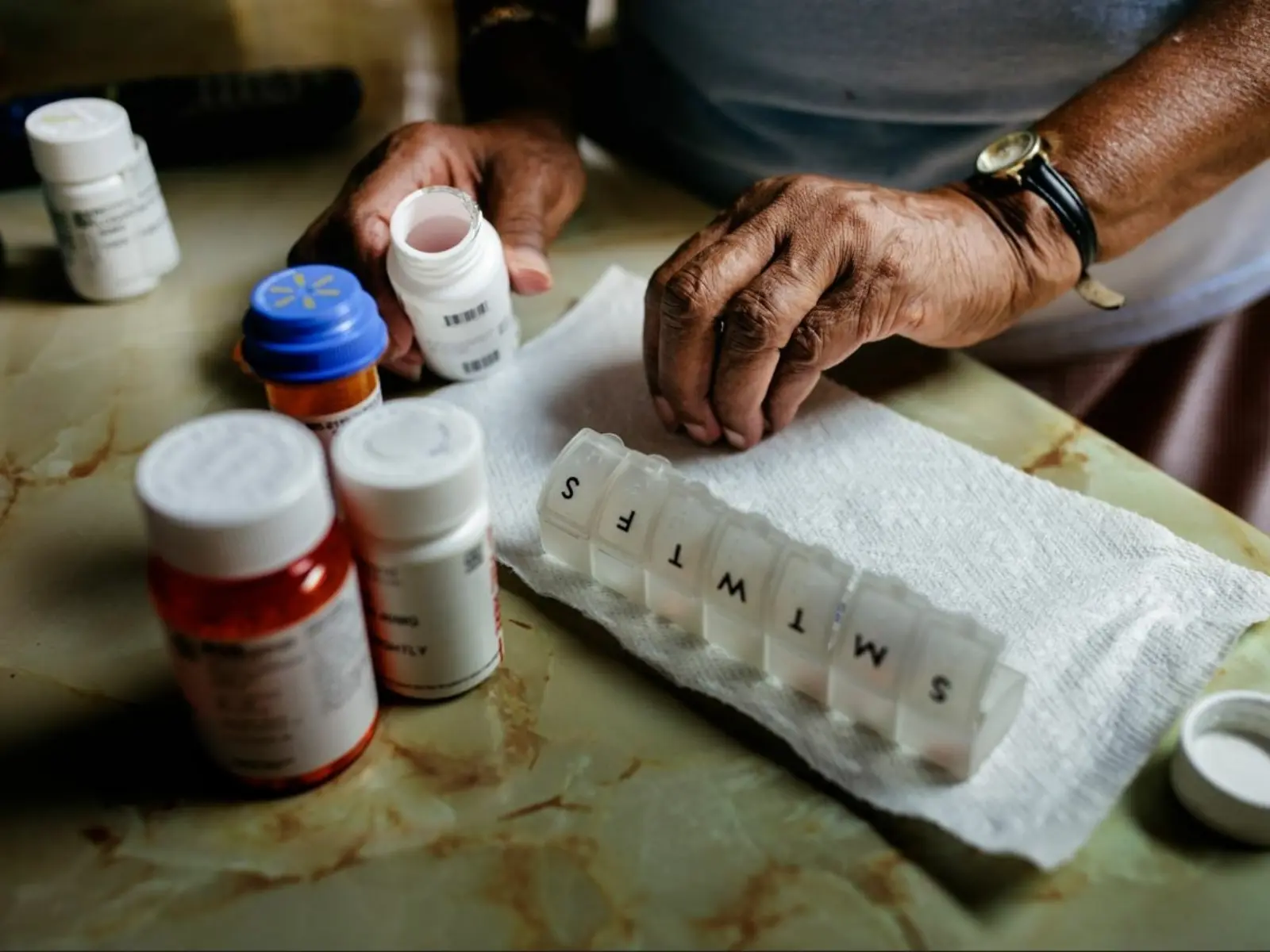For decades, pharmaceutical companies have gamed the U.S. patent system and engaged in anticompetitive behaviors to drive up prices, making it increasingly difficult for American families to afford life-saving drugs.
Those findings, released Friday, were the culmination of three years of Congressional investigation into pharma’s price gouging and anticompetitive business practices.
The House Oversight Committee investigation, led by Democrats, relied upon hundreds of pages of internal documents and dozens of hours of Congressional testimony. The investigation found that pharma deploys an intentional strategy to extract profits off the backs of American patients, employers, and taxpayers — raising prices to meet revenue targets, incentivizing executives to hike prices, targeting the U.S. for higher prices while discounting the same exact drugs elsewhere, abusing the patent system to suppress competition and maintain monopoly pricing, and so on.
“While there are many actors that contribute to high drug prices, this investigation again reveals how pharmaceutical companies conduct business and reinforces the need for Congressional action to end anticompetitive behavior and price-gouging tactics that curtail access,” said Mark Miller, executive vice president of health care at Arnold Ventures. “Research has long shown that pharmaceutical companies engage in behaviors that drive up drug prices, but the internal documents obtained by the Oversight Committee reveal that these behaviors are part of a concerted and coordinated attempt to maximize profits at the expense of access. Bottom line: Congress must enact reforms that protect patients – allowing them to afford drugs they desperately need – and drive down the costs that have burdened employers and taxpayers.”

Separately on Friday, Republicans on the Oversight committee issued their own report, laying the blame on pharmacy benefit managers (PBMs) for the dramatic increases in prices and drug spending. Both pharmaceutical companies and PBMs engage in bad behaviors that contribute to rising drug prices — however, independent and nonpartisan research has long demonstrated that PBMs contribute to a much smaller fraction of the problem than large pharmaceutical companies.
The Build Back Better Act would empower Medicare to negotiate drug prices and require drugmakers to reimburse taxpayers when they hike drug prices higher than inflation. The package has been passed by the House and is now awaiting approval in the Senate. Comprehensive drug pricing reform is necessary — and should include measures that address the holistic failures inherent across the system — however, as Americans continue to struggle to afford their prescriptions, Congress has an opportunity now to take action to help lower drug prices while continuing to work in the future to ensure affordability and accessibility.
David Mitchell, president and founder of Patients for Affordable Drugs, whose experience with an incurable but treatable blood cancer galvanized his fight to make prescription drugs more accessible and affordable, urged lawmakers to take necessary steps to lower drug prices immediately.
“My experience has taught me an irrefutable fact, and that is, drugs don’t work if people can’t afford them,” Mitchell said.
That resonates deeply at a time when one in three Americans reports not taking their medication as prescribed, simply because to costs too much.
Type 1 Diabetes patient Mindy Salango talked about the tradeoffs she has made when it comes to providing for her daughter and paying for her medication.
“In order to keep food on the table and a roof over our heads, sacrifices had to be made. And oftentimes, that was my insulin.”
















